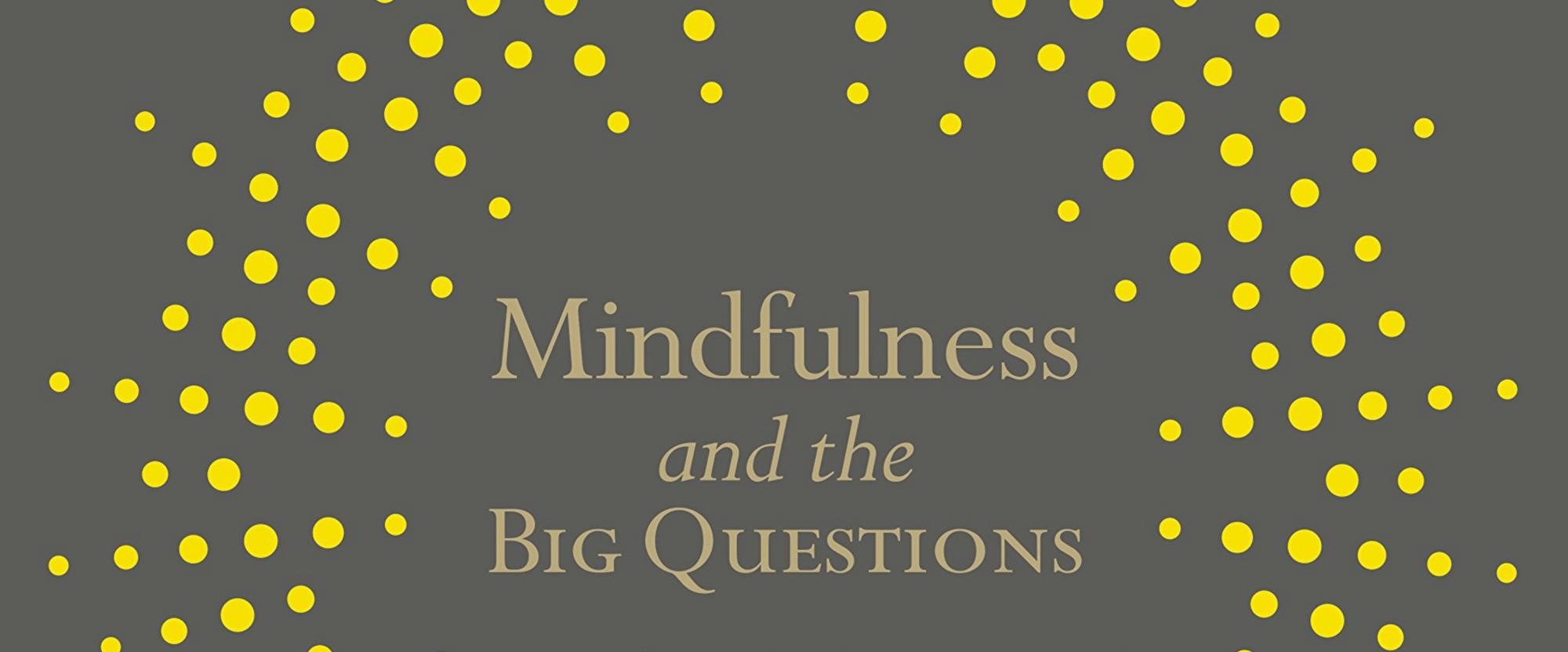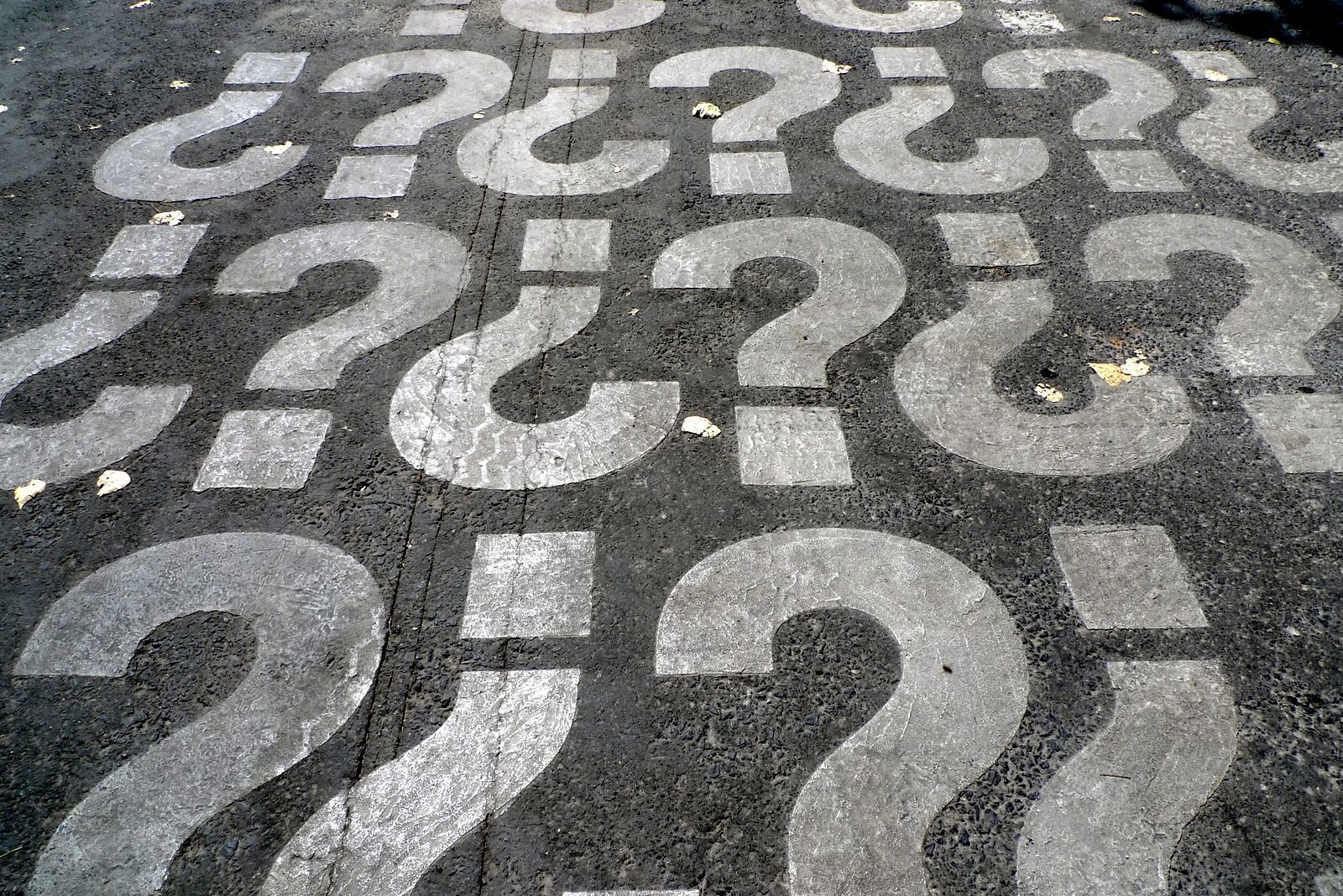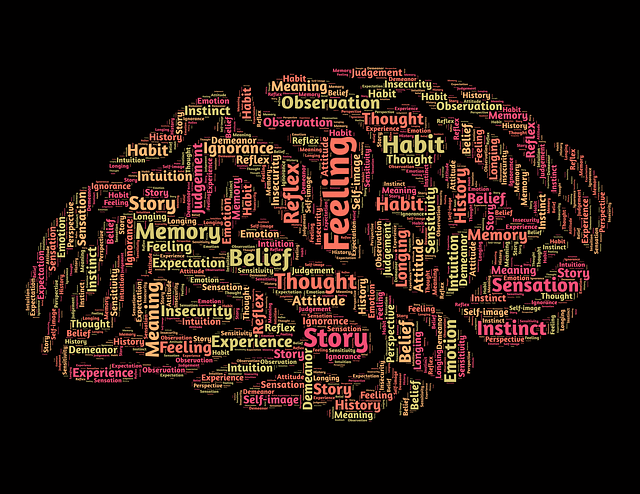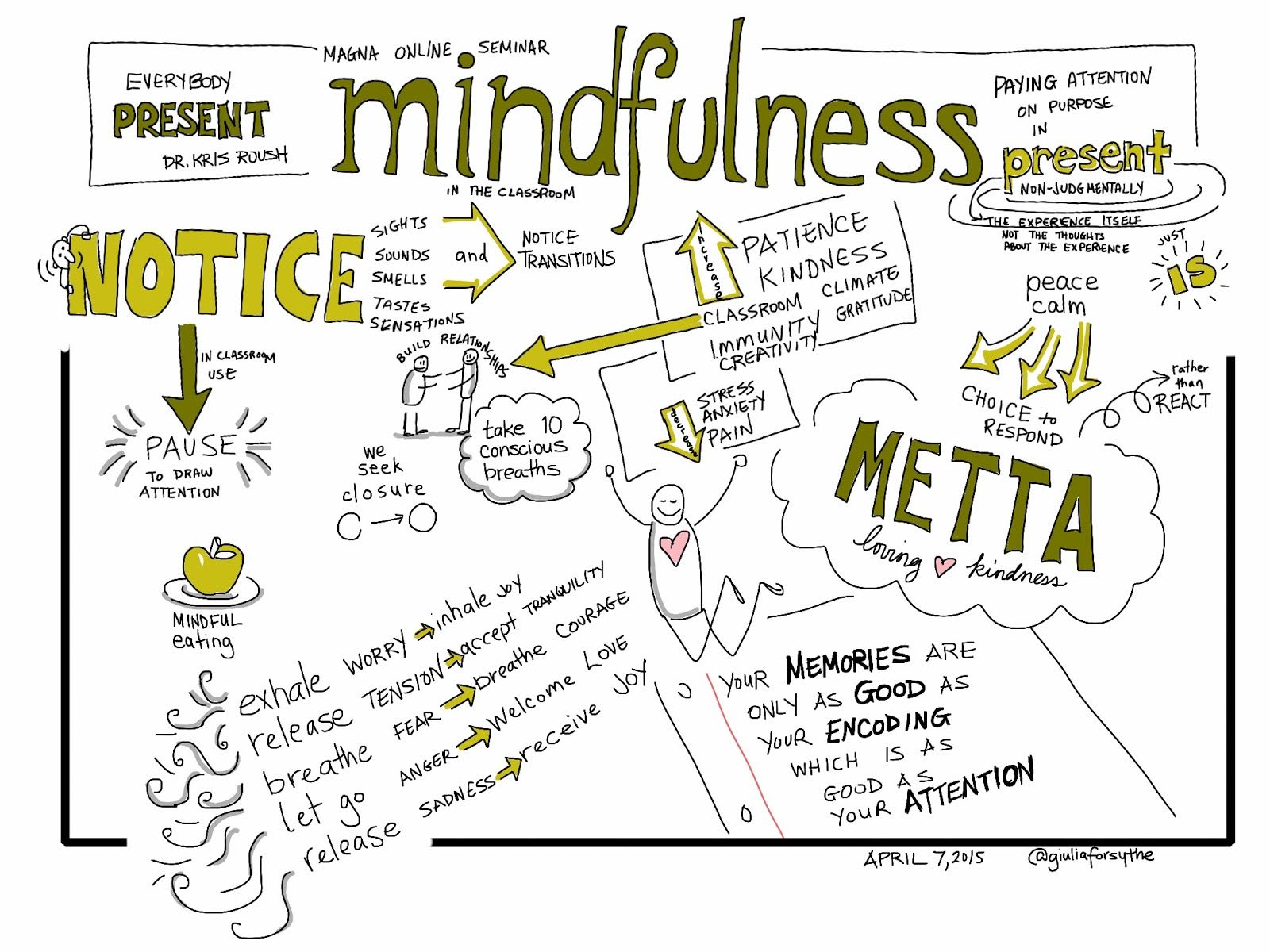
Don't Go to Bed Until You Answer These 9 Mindfulness Questions!
I've written earlier about how I start every day with nine mindfulness questions to set the pace for my day, help me think about what problems are most important to solve, and hit the ground with a running start as I begin that day's activities. However, it's equally important to ask some mindfulness questions each night before you hit the sack, so you can measure your performance, realign your actions with your goals, and prepare for what's coming tomorrow!
Use Daily Mindfulness Questions to Accelerate Your Life
By asking yourself the right questions at the start and end of each day, you're giving yourself an opportunity to really think through what you're working on, and how each action you take contributes to those long-term goals. I use my evening mindfulness questions to treat myself as if I were my own life-coaching client, and to evaluate my performance for that day. By recording the answers to these questions, I'm not only journaling the story of my life... I'm also making a daily commitment to keep my actions squared and aligned with my long-term life goals!

Nine Mindfulness Questions to Journal EVERY Single Night
1. What life coach advice can I give myself today, acknowledging positive and negative points?
Asking this question helps me treat myself like a coaching client. By assuming the role of becoming my own life coach, I try to step into the shoes of that persona and review my day's contributions with a critical eye. I've made it a point to ask myself for the positive and negative points so that my responses are a little less biased: it forces me to consider not only which things worked really well, but also, where I still have room for improvement in the future.
2. What am I most grateful for today? Who should I show appreciation to for this?
Several books and resources that I've learned from over the years recommend keeping a daily gratitude journal to highlight those experiences, events and people in your life for which you are the most grateful. In my nightly mindfulness survey, I ask myself not only what I should be appreciative of, but also, who I should show that appreciation to. This helps me stay connected with those relationships that are bringing good things into my life, and recognize the source of those positive contributions. It helps me nurture my personal relationships with others. There are mountains of research on how writing down what you are grateful for each day helps with depression, anxiety and a sense of self-worth!
3. What did I handle especially well today, and why did it work out so well?
It's especially important, when assessing the results of your day, to highlight what you've done really well that day. Even more important, however, is recording specifically why it worked so well. Try this out: by writing down the reasons why something succeeded, you will compound the positive effects in your life and cause them to happen with greater frequency and impact!
4. What's something new I learned today, and how will this serve me better in the future?
One of my daily goals is to self-educate for at least half an hour each day. You might be noticing a trend here: many of these daily habits are designed to generate compounding returns in their positive effects on my life. It's not enough to set a goal each day to learn something new: the real magic happens when you take the time to reiterate what you've learned at the end of each day. Studies show that you remember things much better after you've attempted to recall the information a few times. I highly recommend the Cornell note taking method and the Feynman technique for learning, both of which are designed to push you toward recalling the information you're trying to learn before moving onto something else.

5. What's something I created of value today, for the world, or my family, or for myself?
This question is a variation on the ONE question Ben Franklin would ask himself every evening: "What good did I do for the world today?" I've adapted this slightly, because I believe that the first concern should be what good you're doing for humanity at large... but also, it's important to do right by your family, and to continue improving yourself as well. By working on being a better individual, and working on contributing to your family, you're preparing yourself to better contribute to the world around you. I believe all of these things are crucial ingredients to success and leading a meaningful life.
6. Did I work on my "Big Frog" and "ONE thing" to feel great about today?
These questions call back to a couple of the mindfulness questions I ask myself each morning. The "Big Frog" is something I've been putting off, designed to help thwart procrastination. The "One Thing" is something I'd feel great if I accomplished, designed to keep me motivated to tackle the tasks that make me feel like I'm making strides and covering a lot of ground with every day's contributions. These two items are my "one-two punch" for making every day really count for something!
7. What could I have done better today? How could I have prepared better to succeed at this?
Similar to the earlier question where I asked myself what went well, it's just as important to highlight at least one item where there's room for improvement. Nobody is perfect, and so you probably have room for improvement every day! Some days it's easier to answer this question than others, for sure. I still try to evaluate, every day, how I might've better prepared or done something differently that might have caused a better outcome. This helps me to perform better each day than I did the day before. That constant cycle of iterative improvement to my processes and behaviors is part of how I've become hyper-efficient in my actions.
8. What will be most important for me to focus on tomorrow, and how can I prepare for it?
This question is all about planning ahead and clearing obstacles. The more energy you invest in assessing what those hurdles are ahead of time, the more likely you'll be able to navigate them easily and swiftly. It only takes a minute to do this right: just ask yourself, what's really important tomorrow? What's the most important thing I need to focus on, and what should I be doing right now (or early in the morning) to think ahead of any problems that might come up and smooth out my path? The time you invest here is immensely valuable in accelerating your performance. You'll thank yourself tomorrow by thinking about these things today!
9. What's something I am working to achieve in the next 6 months, and how am I getting closer to it?
I added this question after I had already been journaling for a month or two, and it's been one of my favorite ones to answer each night. I have a lot of goals that I take on and try to accomplish, and so this question is frequently different on a nightly basis. I just go with whatever comes to mind first. This helps to remind myself each day of the projects and goals that need my attention the most, and also, it allows me to plan out the next steps to advance my initiatives a little bit each day. Each of the questions above are designed to facilitate incremental improvements: by moving the needle just a little bit each day, you create compound returns that result in huge performance gains over the long haul. Ask yourself every night to define one of your top goals are, and how you'll help to achieve that goal tomorrow. Once you've been doing this for a little while, you'll notice tremendous growth in your output!

Ready to start asking daily mindfulness questions?
You don't necessarily have to use the exact same questions as I do – I'd love to hear in the comments of this post which mindfulness questions you use personally to continue moving the needle forward just a little bit with each day.
When it comes to improving your personal productivity, don't just be an armchair theorist! You need to actually implement these tools and journal on a daily basis if you want to see the best possible results. Start adding these to your daily practices at the beginning and end of each day, and let me know in the comments below how it's working out!
As always, thanks for reading – and don't forget to like and share this post with others! That's the best way for all of us to continue to learn and grow in our personal development and improve our productivity. See you in the comments!
Ready to learn more about JavaScript development, organization and productivity tips?
Click here to read more articles on JavaScript, philosophy and life hacks!
